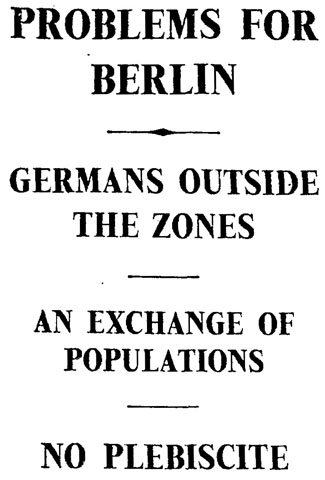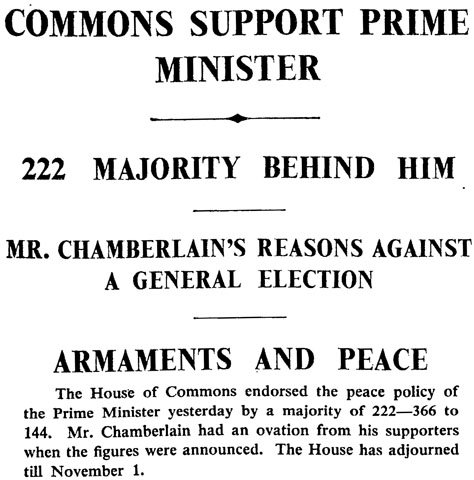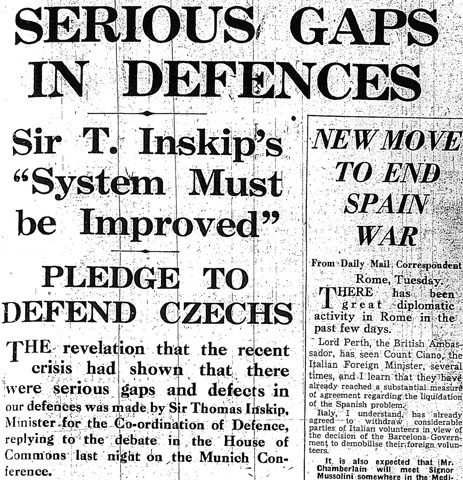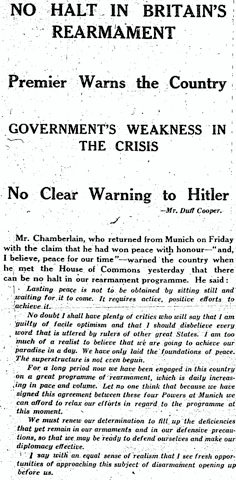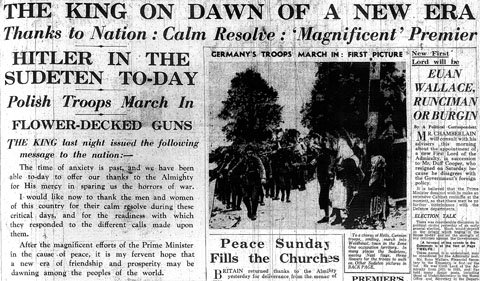No, I'm not heading for Venus, nor am I travelling back in time in the USS Nimitz. But it is the final countdown nonetheless. I'm in the last few months of my PhD, and plan to submit it in late February 2009, just under four months away. I'm on track for that, I think -- I'm halfway through the last chapter now, and then there's just the conclusion to go, and then the process of serious redrafting begins. As far as word limit goes, the thesis as a whole is currently just under 80,000 words, which is just about perfect -- according to the PhD handbook, I should 'aim to write a thesis of 80,000 words', but can write 'up to 100,000 words without seeking special permission'. So it should end up comfortably within that range (though that may depend on how much of my grotesquely excessive verbiage I cut from the earlier chapters!)
Between that and the fact that I'm a little burned out after the interminable Sudeten crisis, I probably won't be blogging as often as usual for the next little while. But I won't be going on hiatus, so please check back every so often!

